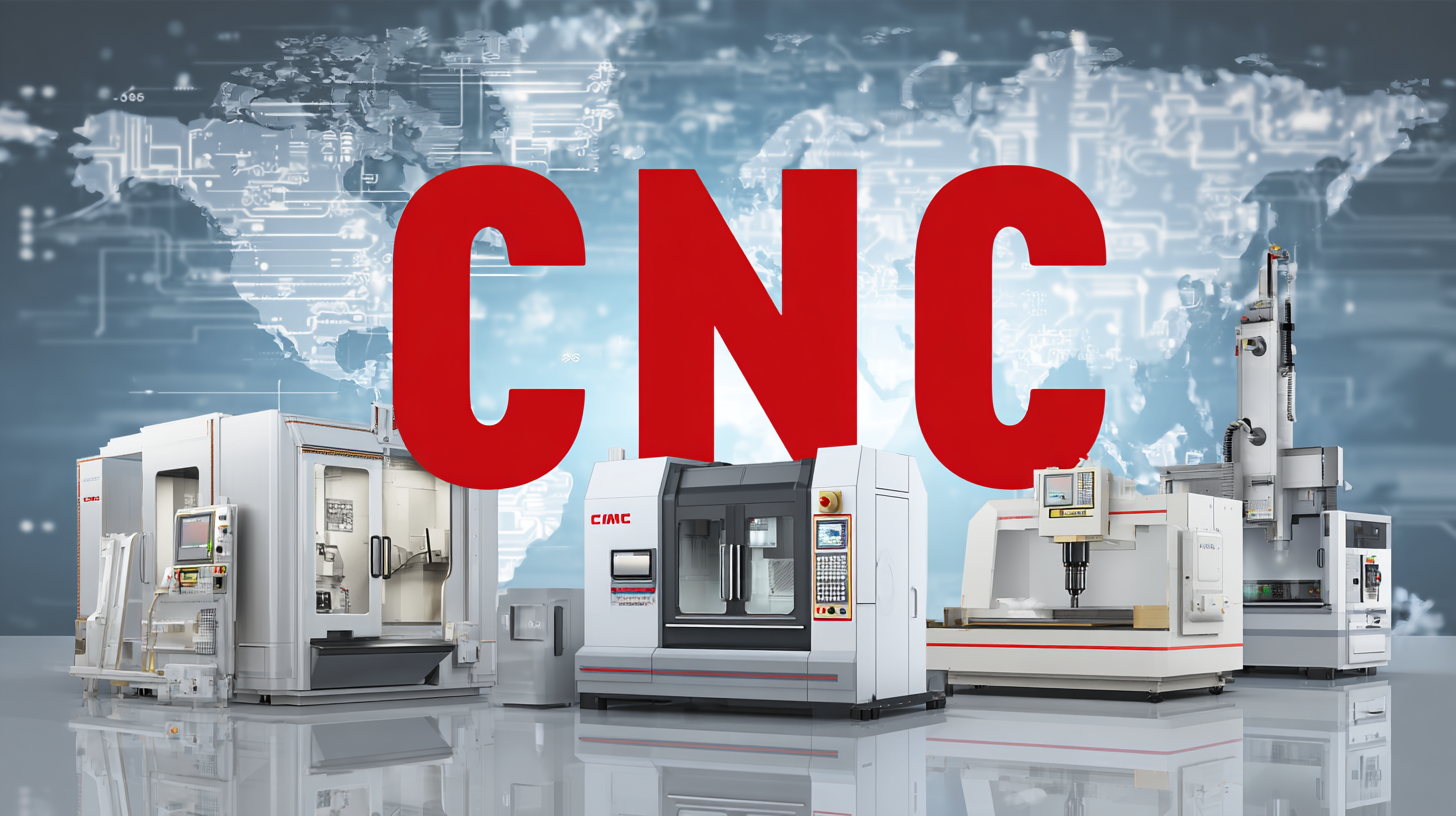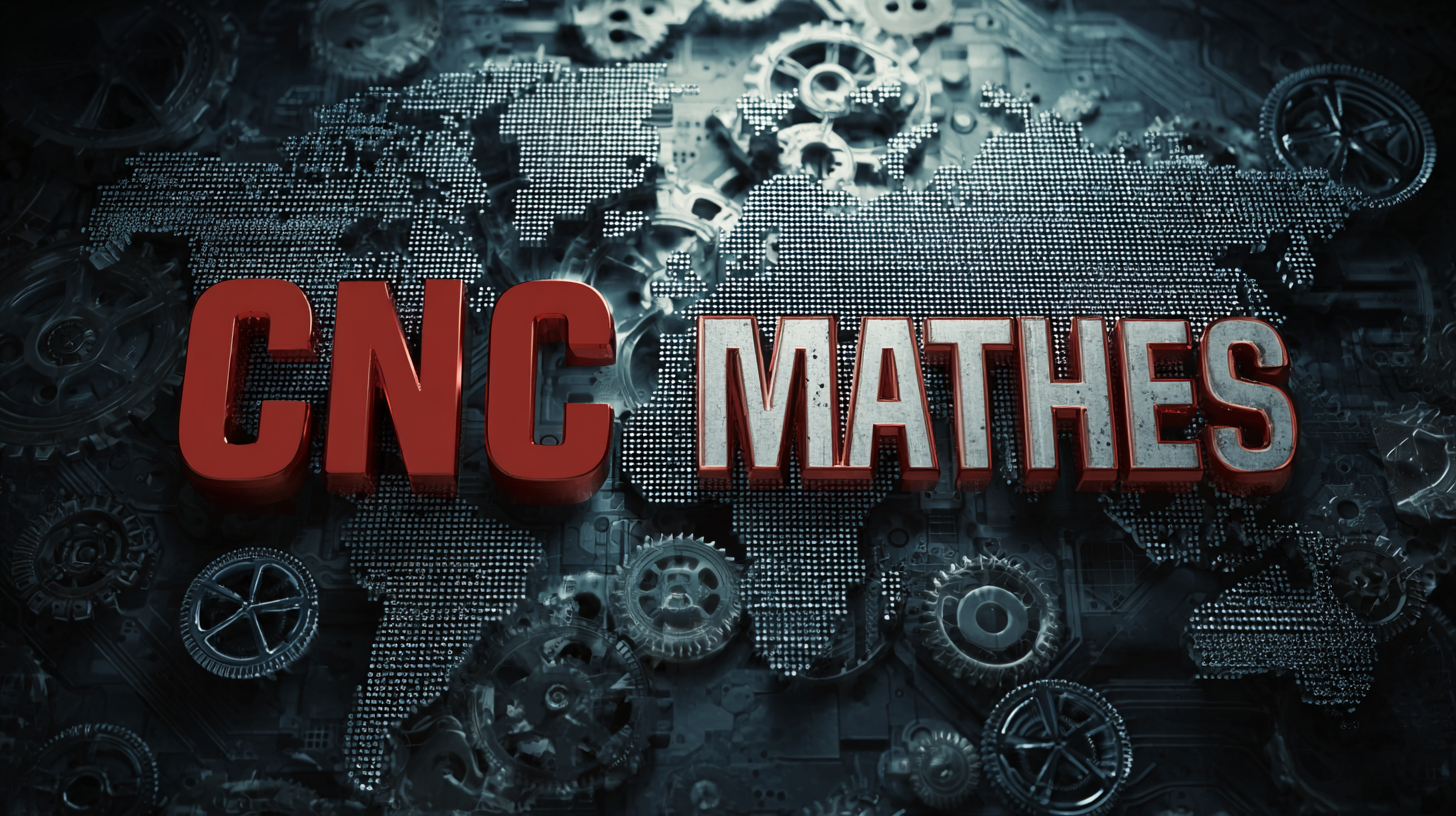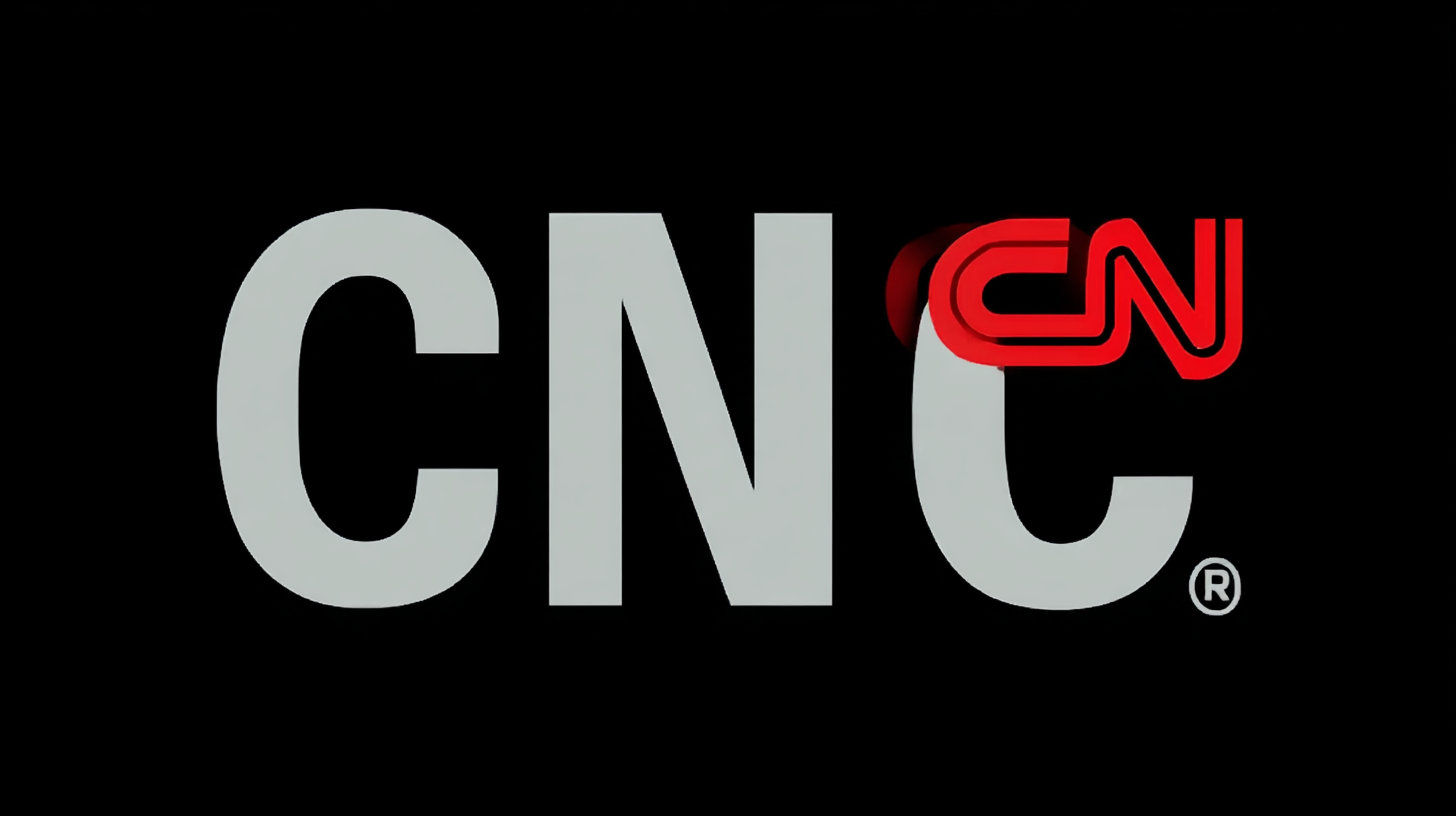Understanding Import and Export Certifications for Best Different CNC Machines A Comprehensive Tutorial for Global Buyers
In the rapidly evolving landscape of global manufacturing, understanding import and export certifications for different CNC machines has become crucial for businesses aiming to remain competitive. According to a report by MarketsandMarkets, the CNC machine market is projected to reach $117 billion by 2026, growing at a CAGR of 6.2%. This growth underscores the increasing demand for precision engineering and automation, making it essential for buyers to grasp the complexities of certification requirements across various regions. Certifications not only ensure compliance with international quality standards but also pave the way for smoother cross-border transactions.

As global buyers navigate the maze of different CNC machines, this comprehensive tutorial will demystify the intricacies of import and export certifications, empowering them to make informed decisions and optimize their procurement strategies.
Importance of Supplier Certification in the CNC Machine Industry
In the competitive realm of CNC (Computer Numerical Control) machinery, supplier certification serves as a crucial element for global buyers. Certification acts as an assurance of quality, reliability, and compliance with international standards. When a supplier holds recognized certifications such as ISO 9001 or CE marking, it indicates that their processes meet rigorous quality management criteria, which is essential for maintaining operational efficiency and safety in manufacturing. For buyers, selecting certified suppliers can minimize risks associated with machine performance and after-sale services, leading to smoother production lines and better end-products.

Furthermore, certification can enhance a supplier's reputation in the CNC industry. Many buyers prioritize partnering with certified manufacturers, as this reflects a commitment to excellence and continuous improvement. This trend is particularly important in global markets where varying standards can complicate procurement processes. A certified supplier can navigate these complexities, ensuring that the machines they provide not only comply with local but also international regulations. As buyers become increasingly discerning, suppliers must prioritize obtaining relevant certifications to remain competitive and meet the evolving demands of the market.
Key Factors to Assess When Evaluating Potential CNC Suppliers
 When evaluating potential CNC suppliers, there are several key factors to consider that can significantly impact the quality and efficiency of your manufacturing process. First and foremost, a thorough understanding of their certifications is essential. Certifications such as ISO 9001 indicate that the supplier adheres to international quality management standards, ensuring consistent production quality. Moreover, checking for industry-specific certifications, such as those for aerospace or automotive manufacturing, can provide insight into the supplier's expertise and reliability in particular sectors.
When evaluating potential CNC suppliers, there are several key factors to consider that can significantly impact the quality and efficiency of your manufacturing process. First and foremost, a thorough understanding of their certifications is essential. Certifications such as ISO 9001 indicate that the supplier adheres to international quality management standards, ensuring consistent production quality. Moreover, checking for industry-specific certifications, such as those for aerospace or automotive manufacturing, can provide insight into the supplier's expertise and reliability in particular sectors.
Another crucial factor is the supplier's production capabilities and equipment. It's important to assess whether their CNC machines can meet your specific requirements in terms of size, complexity, and material types. Engaging in discussions about their technological advancements and their ability to handle intricate designs can reveal much about their proficiency. Additionally, reviewing customer testimonials and case studies can offer a clearer picture of their performance and satisfaction levels among previous clients, further aiding in your decision-making process. Ultimately, these assessments can help mitigate risks and ensure that you partner with a capable CNC supplier that aligns with your operational needs.
Top Certification Standards for Importing and Exporting CNC Machinery
When it comes to importing and exporting CNC machinery, understanding certification standards is crucial for ensuring compliance and successful transactions. This landscape has been significantly shaped by the latest developments in the machinery and equipment industries across key markets like Vietnam and China. For global buyers, familiarizing themselves with the appropriate certifications—such as ISO, CE, and others specified by local regulations—can streamline market entry and enhance safety and quality assurance.
Vietnam's machinery and equipment sector is rapidly evolving, with a notable increase in foreign investment, driven by favorable market trends and a push for modernization. To effectively navigate this environment, international buyers should seek certifications that align with Vietnam's regulatory requirements. On the other hand, China’s machine tool industry, while heavily reliant on imports, presents unique opportunities for foreign businesses, especially with tax incentives that can mitigate initial costs. Understanding the certification landscape not only aids in compliance but also enhances a company's credibility in these competitive markets.
Understanding Import and Export Certifications for Best Different CNC Machines
| Certification Name | Type | Region | Description | Validity Period |
|---|---|---|---|---|
| ISO 9001 | Quality Management | Global | Standard for quality management systems. | 3 years |
| CE Marking | Safety Compliance | European Union | Indicates conformity with health, safety, and environmental protection standards. | Indefinite (as long as standards are met) |
| UL Certification | Safety Compliance | North America | Verifies safety of products for the North American market. | Indefinite (as long as standards are met) |
| RoHS Compliance | Environmental Compliance | European Union | Limits the use of specific hazardous materials. | Indefinite (as long as standards are met) |
| FCC Certification | Radio Frequency Compliance | North America | Ensures electronic devices do not interfere with communication signals. | Indefinite (as long as standards are met) |
Strategies for Verifying Supplier Credentials and Market Reputation
In today's competitive landscape, verifying supplier credentials and market reputation is crucial for global buyers of CNC machines. Conducting thorough market research and analyzing product trends can aid in identifying reliable suppliers. This process not only mitigates risks but also ensures that the machines you procure meet international standards and regulations.
Tips for verifying supplier credentials include checking certifications that align with your specific industry requirements. Additionally, consider utilizing trade platforms that feature reviews and ratings from previous customers. Engaging in direct communication with suppliers can also provide insights into their operational capabilities and commitment to quality.
Another strategy is to participate in trade shows or industry seminars, where you can meet suppliers face-to-face and assess their reputation in real-time. Establishing a network within the industry can also facilitate referrals and recommendations, further enhancing your supplier evaluation process. By implementing these strategies, you can confidently navigate the complexities of global sourcing and enhance your purchasing decisions.
Navigating Global Regulations for CNC Machine Supply Chains
Navigating international supply chains for CNC machines involves understanding and adhering to a complex web of global regulations and certifications. For buyers entering foreign markets, being informed about the specific requirements for importing and exporting CNC machinery is crucial. Each country has its own set of rules regarding safety, energy efficiency, and environmental impact, which can significantly affect the procurement process. Buyers must ensure that the CNC machines they wish to import comply with these regulations to prevent costly delays and potential rejections at customs.
Moreover, certification processes vary significantly across regions. Various certifications, such as ISO standards or CE marking in Europe, serve as benchmarks for quality and safety. These not only help in establishing trust with suppliers but also assure end-users of the machines' reliability and compliance. Buyers should conduct thorough research on the certifications required for their specific market while collaborating with experienced suppliers who understand these necessities. By effectively navigating these regulations, global buyers can streamline their supply chains and enhance operational efficiency in their machining operations.
